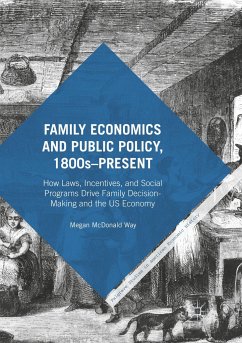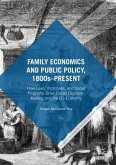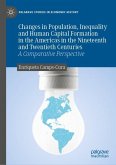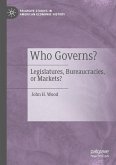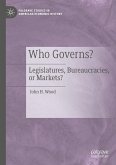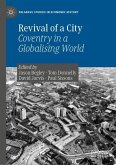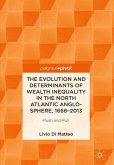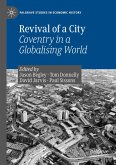This book explores family economic decision-making in the United States from the nineteenth century through present day, specifically looking at the relationship between family resource allocation decisions and government policy. It examines how families have responded to incentives and constraints established by diverse federal and state policies and laws, including the regulation of marriage and of female labor force participation, child labor and education policies-including segregation-social welfare programs, and more. The goal of this book is to present family economic decisions throughout US history in a way that contextualizes where the US economy and the families that drive it have been. It goes on to discuss the role public policies have played in that journey, where we need to go from here, and how public policies can help us get there. At a time when American families are more complex than ever before, this volume will educate readers on the often unrecognized role that government policies have on our family lives, and the uncelebrated role that family economic decision-making has on the future of the US economy.

